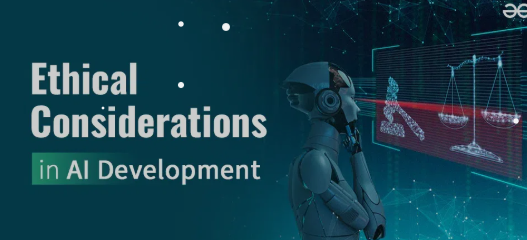Introduction
Technology innovation is the driving force behind societal progress, economic growth, and improved quality of life. From artificial intelligence (AI) to quantum computing, breakthroughs in technology are transforming industries, reshaping economies, and redefining human interaction. This article explores the latest trends, impacts, challenges, and future predictions in technology innovation, along with answers to frequently asked questions.
Latest Trends in Technology Innovation
- Artificial Intelligence (AI) and Machine Learning (ML)
AI and ML continue to revolutionize sectors like healthcare, finance, and logistics. Innovations such as ChatGPT and autonomous systems demonstrate AI’s potential to enhance efficiency and decision-making. - Internet of Things (IoT)
IoT connects devices globally, enabling smart homes, cities, and industries. By 2025, over 75 billion IoT devices are expected to operate worldwide, optimizing resource management and data collection. - Blockchain and Decentralized Systems
Beyond cryptocurrencies, blockchain ensures transparency in supply chains, voting systems, and digital identity verification, reducing fraud and enhancing trust. - 5G and Enhanced Connectivity
5G networks offer faster speeds and lower latency, empowering advancements in augmented reality (AR), telemedicine, and autonomous vehicles. - Quantum Computing
Quantum computers solve complex problems in seconds that traditional computers would take millennia to process, promising breakthroughs in drug discovery and climate modeling.
Impact of Technology Innovation Across
Healthcare: Telemedicine, AI-driven diagnostics, and wearable devices improve patient care and accessibility.
- Education: E-learning platforms and VR classrooms democratize education, enabling global access to quality resources.
- Finance: Fintech innovations like digital wallets and blockchain streamline transactions and enhance security.
- Transportation: Electric vehicles (EVs) and self-driving cars reduce carbon footprints and redefine mobility.
Challenges and Ethical Considerations

While technology innovation offers immense benefits, it raises critical challenges:
- Privacy Concerns: Data breaches and surveillance threaten user confidentiality.
- Job Displacement: Automation risks displacing workers in manufacturing and service sectors.
- Digital Divide: Limited access to technology exacerbates inequality between developed and developing regions.
- Ethical AI: Bias in algorithms and autonomous weapons demand regulatory frameworks.
The Role of Collaboration in Driving Innovation
Success in technology innovation relies on collaboration:
- Governments: Fund R&D and create policies (e.g., GDPR) to ensure ethical practices.
- Private Sector: Tech giants like Google and Tesla invest in moonshot projects.
- Academia: Universities nurture talent and pioneer research in emerging fields.
Future of Technology Innovation: What’s Next?
- Extended Reality (XR): AR/VR will transform retail, training, and entertainment.
- Sustainable Tech: Green energy solutions and carbon capture technologies will combat climate change.
- Brain-Computer Interfaces (BCIs): Companies like Neuralink aim to merge human cognition with AI.
FAQs About Technology Innovation
Conclusion
Technology innovation is an unstoppable force shaping humanity’s future. By embracing its potential while addressing ethical and societal challenges, we can harness technology to build a more inclusive, efficient, and sustainable world. Stay curious, adapt continuously, and prepare for a future where the only constant is change.


